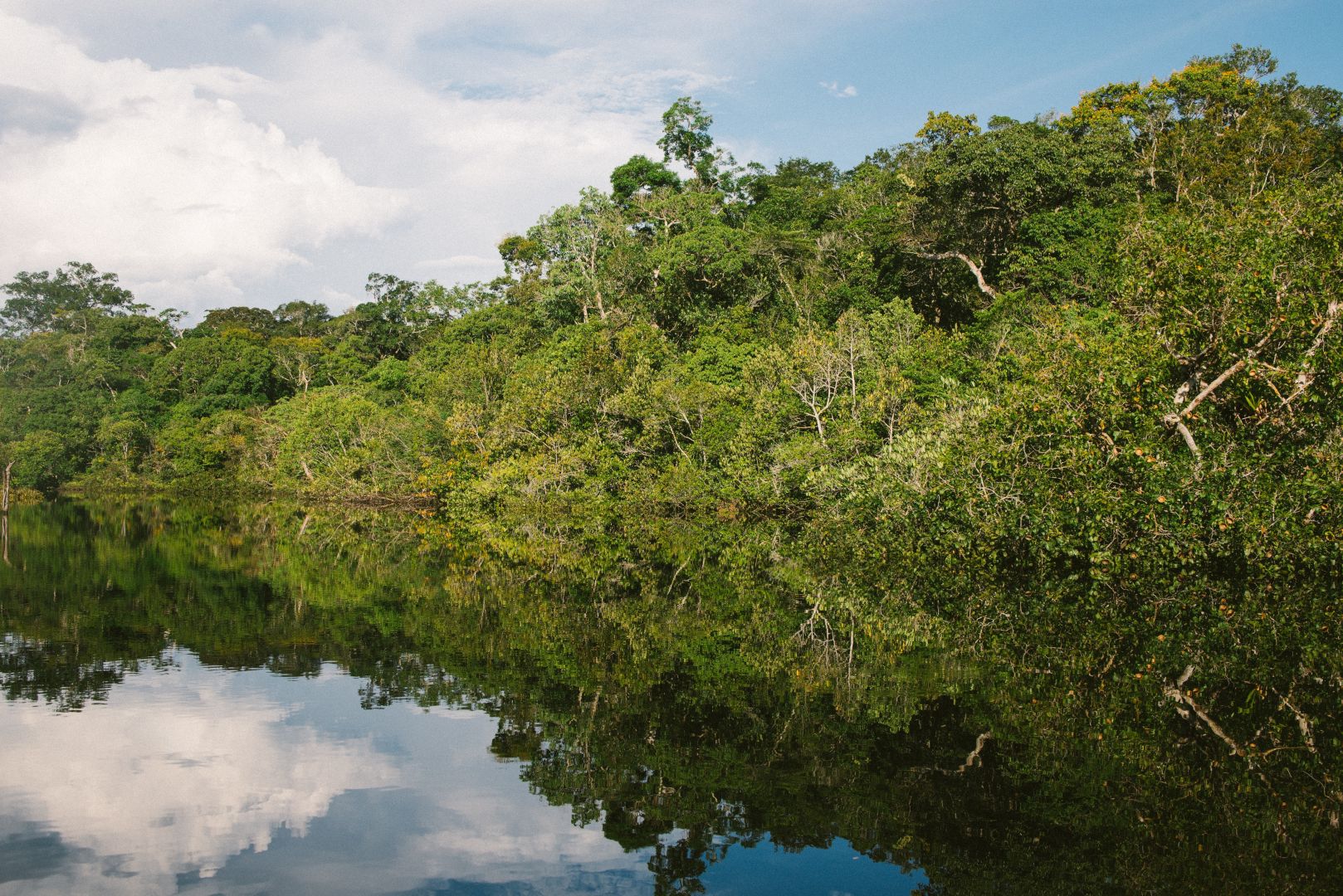This news article published by Survival International on January 27, 2021 explains how areas of protected land is likely to be opened up for use with devastating impacts for the survival of the indigenous people there.
Featured Image: Amazon Rainforest, Brazil
Senator Zequinha Marinho is pushing for the Ituna Itata area of rainforest, known to be the territory of uncontacted people, to be stripped of its protection and opened up to land grabbers and settlers.
The Ituna Itatá (“Smell of Fire”) indigenous territory in Brazil, home to uncontacted Indians, is under grave threat after it was revealed that a Brazilian Senator is plotting to open it up to settlers, loggers, ranchers and miners. Brazilian organization OPI has reported that Senator Zequinha Marinho – who has strong links to the mining and ranching lobby and is also a member of the controversial Assembly of God evangelical church – wrote to the President’s office demanding that part of the territory’s current protections be revoked.
The aim is eventually to open the entire area up.
Located in the Amazonian state of Pará, Ituna Itatá is only inhabited by uncontacted people and is already being heavily targeted and invaded by land-grabbers and loggers. Illegal logging is increasing there exponentially, and last year it was the most deforested indigenous territory in Brazil.
Another serious threat to the region is from the Canadian mining company Belo Sun who are planning to develop the country’s largest open-pit gold mine just a few miles away.
Yet the territory should have been mapped out and protected years ago – it was one of the conditions for the approval of the huge Belo Monte dam project nearby.
Please do get in touch with Survival International (see link above) if you would like to know more about how you can support their work.


If any people on the planet are going to be protected, it should be these types of people. The others here — ranchers, loggers, farmers, and overpopulated peasant land-grabbers — are the problem. There are so few people left on Earth who live naturally like this, it’s really awful and disgusting that they’re being wiped out by the humanpox and its civilization.
And yet, Jeff, you scoffed at the idea of protecting the contacted tribes who help protect them.
My hopes for the planet and the intelligence of humanity took a big hit yesterday, when I read a story on how another “casualty” of the coronavirus is a declining American birthrate — like we’re suddenly in danger of running out of people.
To the overwhelming majority, perpetual growth is as fundamental to humanity as the ability to speak and walk upright. Thus any idea such as protecting rainforest from development is like giving up on the ingenuity of the human race. Technological solutions to every problem are the working assumption. To the civilized mind, the question isn’t whether we keep growing, but how growth will solve all our problems — just as it took us from the Wright Brothers to the moon, in less than an average human lifetime.
The average person takes civilization and growth for granted. Their inherent good are as obvious as the superiority of an RV to a tent, a car to a camel, or a city to an indigenous village. And the idea of getting humanity to voluntarily give it up is as futile as the sad photograph I once saw, of an uncontacted tribe shooting arrows at a helicopter.
Civilization won’t go quietly. Thus I’m no longer hoping that the human race will see that it’s the victim of its own pyramid scheme, have an environmental epiphany, and start voluntarily replanting forests. My best hope now is that the global sandcastle we call civilization collapses as soon as possible, and that the survivors have sense enough to see that civilization, technology, and industry are the problem, not the solution.
But for any remaining optimists out there, here’s one fact that occasionally starts heads moving in the right direction: When civilization began, several thousand years ago, life expectancy went down, not up. And it didn’t reach the pre-industrial level again until the 20th century. With the sudden intervention of antibiotics and modern medicine, it went up dramatically for a few decades. Then it peaked, and is now at the beginning of a new backward slide. And the sperm count of men in the developed countries has fallen by more than a third since 1970.
@Mark
That’s why the “sacrifice” has to be incremental. It’s still a long shot, but it’s our only hope. We didn’t get into this mess overnight, and we’re not getting out of it overnight either. No one is going to give up everything all at once and try to live in the forest. Hell, we’re communicating by COMPUTER AND THE INTERNET, and we advocate the elimination of industrial living!
It’s possible for humans to make incremental changes, like giving up cars in favor of bikes & public transit (and, horrors, walking!) and giving up cell phones in favor of land lines. Those would be small starts, but they can be done and built upon. And of course humans have to stop the worst of what they’re doing immediately, like genetic engineering, synthetic pesticides, and nuclear anything.
I agree with you that changing human attitudes toward the Earth and everything natural on it is unlikely, but it’s the only hope that there is, so we might as well keep fighting for it.